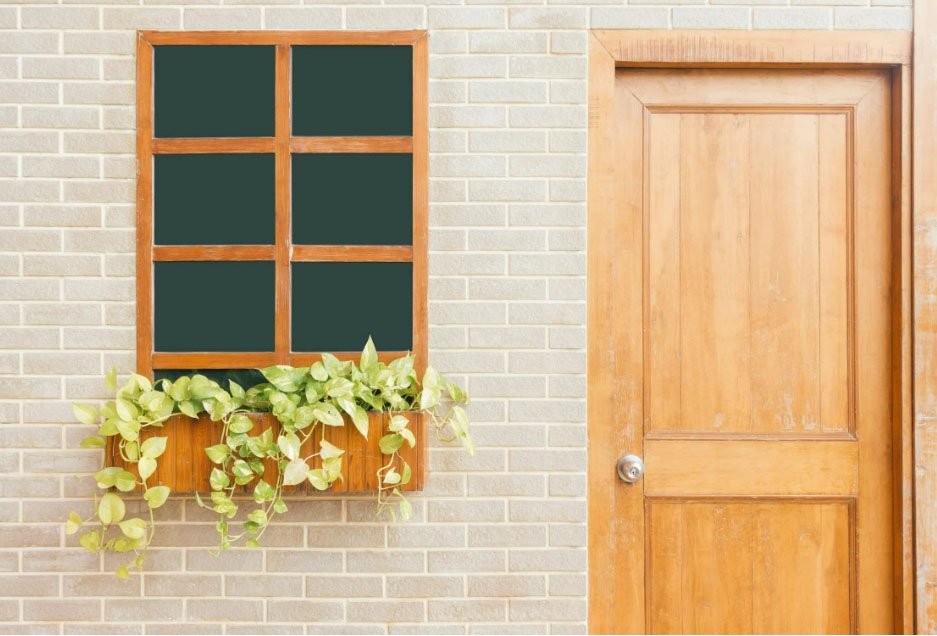Your home is more than just a shelter—it’s an energetic ecosystem. According to traditional Chinese wisdom, your surroundings directly influence your mood, relationships, and even financial stability. That’s where Feng Shui comes in.
With the help of core Feng Shui principles, you can create a living space that supports your personal goals, nurtures wellness, and welcomes abundance. Whether you’re new to Feng Shui or looking to refine your home’s energy, these practical insights will help guide the way.
Read: 4 Tricks to Make Your Home Cozy for Kids
The Energy Flow of Your Home Matters
Feng Shui is the art of optimizing the movement of Qi—the life force that flows through everything. In your home, this energy should move smoothly and gently from room to room. When it’s blocked or chaotic, it can contribute to tension, confusion, or lack of motivation.
By intentionally arranging your space, removing energetic blockages, and enhancing key areas, you can shift the overall feeling of your home—and your life.
Read: Why Spring Cleaning is Good for Your Mental Health

Simple Feng Shui Enhancements for Every Room
1. The Entryway: Set the Tone
Your front door is where energy enters your life. Make sure it opens fully, isn’t blocked, and is clean and well-maintained. Add warm lighting, fresh plants, or a beautiful mat to encourage positive Qi to enter.
Avoid placing mirrors directly opposite the front door—they reflect energy back out.
2. The Kitchen: Nourish with Balance
The kitchen represents health, abundance, and stability. Keep it clean and organized. In Feng Shui, a well-maintained stove symbolizes wealth, so use all burners regularly and keep them in good condition.
To balance the fire (stove) and water (sink) elements, avoid placing them directly opposite or beside one another when possible.
3. The Bedroom: Restore and Reconnect
Rest and relationships are tied to your bedroom’s energy. Position the bed diagonally across from the door, with a solid wall behind it. Avoid electronics and large mirrors near the bed, and keep under-bed space clean and clutter-free.
Soft, grounding colors like earth tones or pastels help create a calming atmosphere.
4. The Living Room: Create Connection and Flow
Arrange seating so people can face each other comfortably. Leave room for energy to flow—don’t push furniture up against all the walls. Round or oval coffee tables are better than sharp-edged ones, which can create disruptive energy.
Incorporate the five Feng Shui elements—wood, fire, earth, metal, and water—through colors, textures, and decor.
When to Engage a Feng Shui Master
While general Feng Shui tips offer a helpful starting point, every home—and every individual—has a distinct energetic makeup. To unlock your space’s full potential, professional guidance is often essential, especially if you’re:
- Experiencing recurring issues in areas like finances, health, or relationships
- Planning a renovation or layout change
- Moving into a new home or property
- Feeling unusually stuck, restless, or anxious in your living space
Maximize Your Home’s Potential Through Energy Alignment
Feng Shui isn’t a one-size-fits-all solution—it’s a personalized art. Every small improvement you make, from repositioning your bed to decluttering your entrance, adds up to a more supportive and vibrant home.
When your environment supports your goals, everything becomes a little easier: decisions feel clearer, relationships deepen, and new opportunities flow naturally.
Final Thoughts
Your home has the power to influence your life in meaningful ways. By applying Feng Shui thoughtfully—or seeking guidance from a trusted Feng Shui Master Singapore—you can create a space that truly supports who you are and who you want to become.

